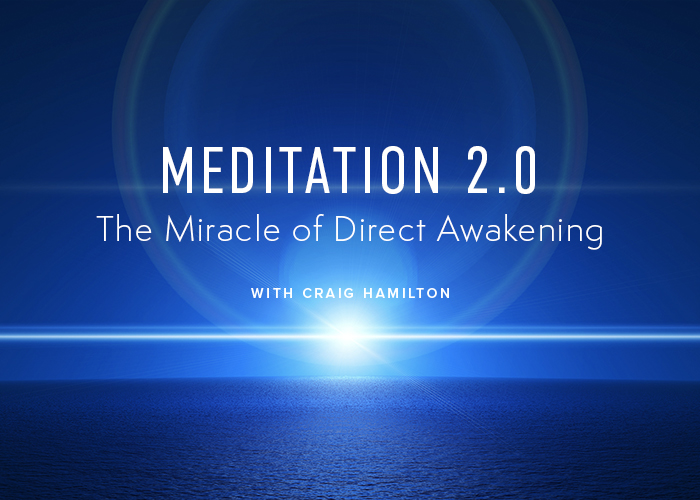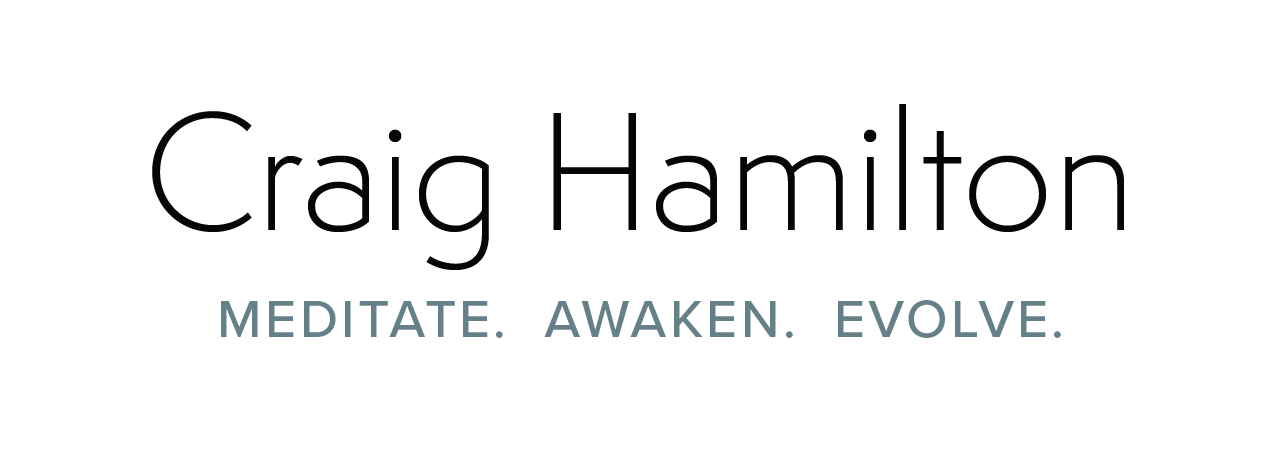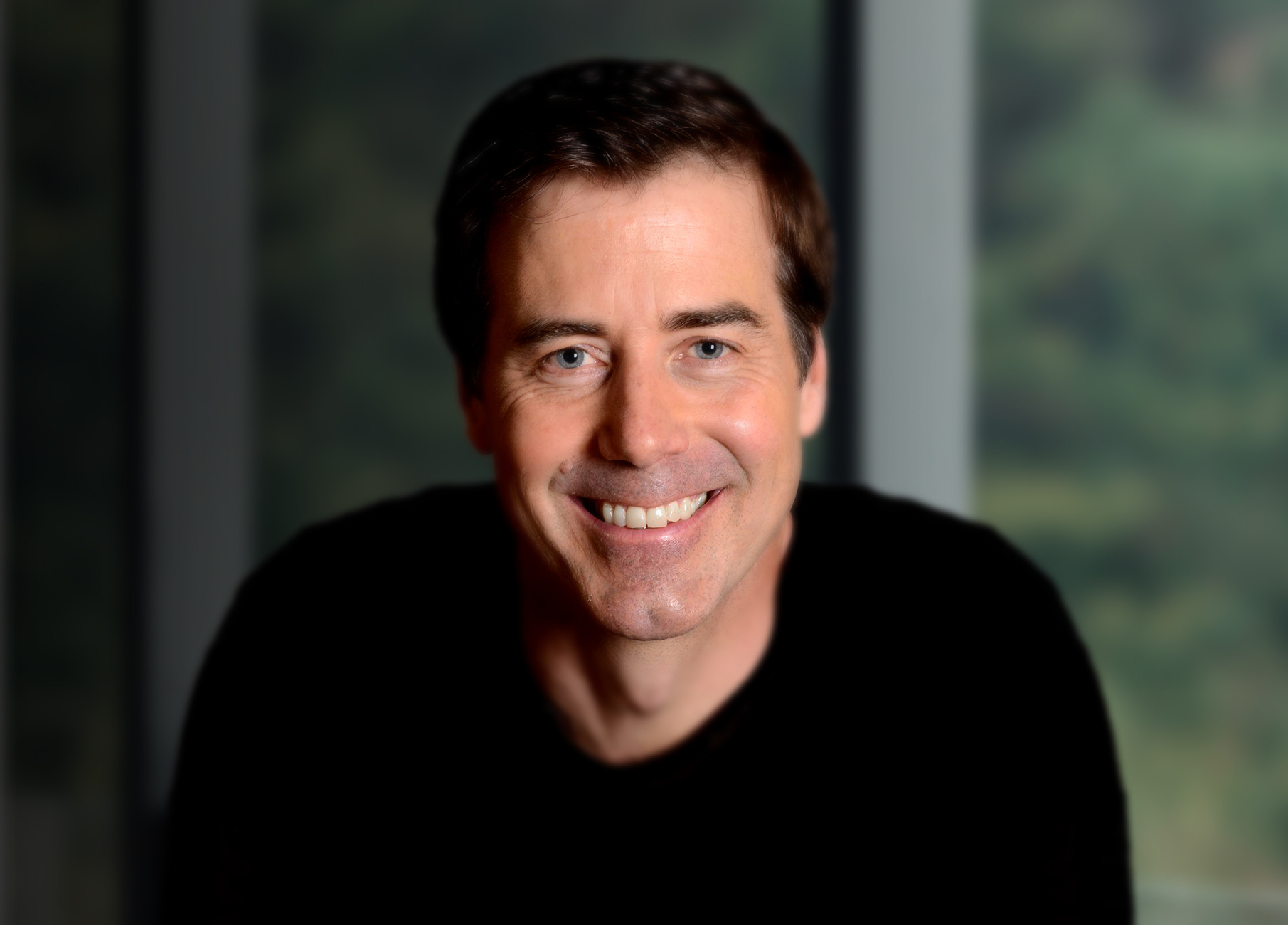Question:
Recently, I came to a point on the spiritual path where I had a real reckoning with my soul. I realized that at this point, I needed to choose whether or not I wanted to “go all the way” and really align my life with my highest spiritual calling. It was a powerful moment of clarity for me and I feel like I made a solid declaration of my intention–to myself and to the universe. But since then, I’ve found myself backsliding to a significant degree and falling into old, anti-evolutionary behavior patterns. And I’m starting to doubt the authenticity of my intention. I’d love some advice about how to respond.
Answer:
Thank you for sharing your inquiry. This is a powerful, and very common experience. When you have a reckoning like the one you’re talking about, and you make such a bold declaration about your spiritual intentions, it sets a whole process in motion. And while it might seem like you’ve turned a corner and now your life will start to become a consistent and unbroken expression of that spiritual intention, it doesn’t necessarily work that way.
Just because you’ve had a powerful reckoning and made the choice to align with your highest self, it doesn’t mean that from that moment forward you’re never going to slip or stumble or make mistakes or lose your way. When you take a stand like this, you don’t cease to be human. You still have all of your old habits and patterns and ways of being. So you’re going to keep “running into yourself.” You’re going to continue to encounter all of the anti-evolutionary parts of yourself, and in many cases this clash will feel stronger.
So the fact that you’ve fallen off course doesn’t really mean anything about your intention. In fact, the strength or purity of your intention is actually revealed in those moments when you realize that you’ve lost your way. It’s not the backsliding that shows your intention, but how you respond to it.
So when you fall back or get sidetracked, it’s crucial that you don’t allow yourself to doubt your intention. Doubt is one of the greatest forms of spiritual temptation, and self-doubt is probably the most intense expression of it. Don’t create a story about how you’re not really that committed to your own spiritual evolution or conclude that nothing has really changed or that you must not be that serious.
If you do this, you’re falling right into the ego’s trap. Think about it. Your ego wants you to doubt your intention. It wants you to think that you haven’t made any progress and you’re not getting anywhere. It wants you to see your backsliding as proof that you’re just the same person you’ve always been and it’s not possible for you to really change or evolve. The ego is dying to get you to buy into that story, because the moment you buy into it, that narrative becomes your reality. It becomes the truth. If you buy into that, you will stop evolving and nothing would make the ego happier because the ego is afraid of change.
So when you encounter these inevitable setbacks, instead of doubting yourself, use them as opportunities to take your own reflection and inquiry further. Ask yourself why you were knocked off track. Did you cave in to some kind of fear? Were you tempted by the agenda of a lower part of yourself? Did you buy into a false story about yourself, or others, or reality that led you astray?
When you respond to backsliding in this way, you’ll cultivate interest, which is an important posture for evolutionary growth. You’ll be interested in learning why you fell off track so that you can realign yourself and avoid making the same mistakes in the future.
As your interest grows, it will deepen your reckoning, and ultimately strengthen and solidify your intention.
This is how you make real progress on the spiritual path. If you can resist the temptation to make a negative story about falling off track, you’ll have a chance to build more capacity and strength in the right direction.
Of course, relating to your experiences in this way is easier said than done. Our egoic stories are very tempting and we’re often being driven by them without even knowing it. But the good news about this approach is that it’s so simple. You just don’t buy into the story. Don’t give it validity. Don’t doubt yourself. Learn about yourself instead.
As you engage with this practice, you will find that oftentimes you will buy into some kind of self-defeating narrative. That’s okay. Just see it for what it is and move forward. Be willing to deconstruct your reality. Any time you catch yourself in some old story about having lost the path again, you just make whatever effort you need to make to get back on track and keep moving.
In some situations, it can be helpful to reach out to a friend or “evolutionary partner” who shares your passion for spiritual growth. You can be vulnerable with them about the fact that you feel as if you’ve gotten lost or confused and that you need their help. They can help you talk through the situation and gain some clarity and objectivity.
When you can learn to relate to your setbacks in this way, through whatever means, the next thing you know, you’ll find that you’re back on the path. It will feel like you were never really lost and that you learned something from what happened. And you’ll be better prepared for the next challenge.

FREE MEDITATION WORKSHOP
Meditation was invented when humans still believed the world was flat. Is it time for an update to this ancient practice? In this free 90-minute workshop, you’ll experience a revolutionary new meditation process that gives you direct access to awakened consciousness.











Wow, this is a very informational article. My twin is a healer & she teaches Spiritual Practice so I am familiar with it. I learned a lot from your articles. I am inspired. Thank you!
Thank you for this wonderful insight. I am an avid meditator and in the last 3 months I had felt completely lost and disconnected. With so much outside elements going on in my life and getting away from my daily habits which consists of exercise, meditating, community involvement, socializing, lack of sleep, etc. I have completely disregarded self care and as a result delve into a deep depression. After reading this article, it became more clear that my setbacks and what I have been experiencing these last 3 months has only been a result of not putting myself first when it comes to my physical and spiritual well-being. Losing my way is a result of wanting to control and hold on instead of letting go and enjoying the journey. How refreshing to know that with 13 years of meditation practice even when I fall off the wagon or lose my way, I can get right back because I know I have the necessary tools to get me right on track again. Maybe losing oneself is another element to awakening to old behavior patterns and restarting anew. Thank you Craig for your continuous dedication to this very important work. Best, Natacha
this was helpful….although I’ve learned from you to keep faith in myself, there was a subtle shift for me, in reading this. (Don’t doubt yourself. Learn about yourself instead). and it’s so timely ! I had a moment after working with a writing coach on Friday, when I was embraced by a tidal wave of doubt and I unpacked THAT (by now). And yet, the moment brought this swift review moving in my nervous system….of thousands of moments of shock at trauma….in my life. And I’ve been trembling internally since then. SO, am going to return to that stream of info, and lean into it more and learn about myself. thank you.
Thank you Craig for the clarity of your reflections.